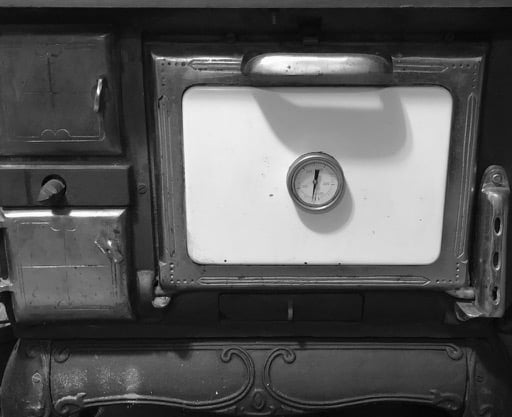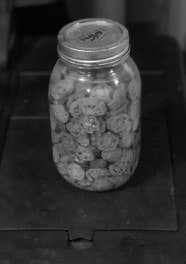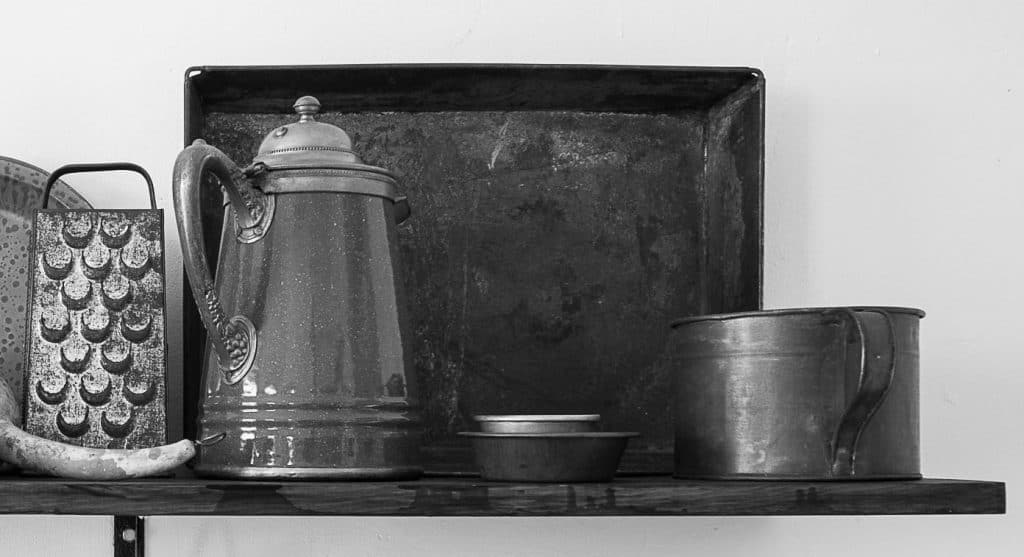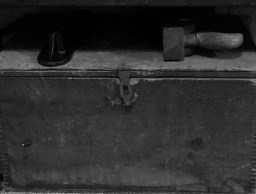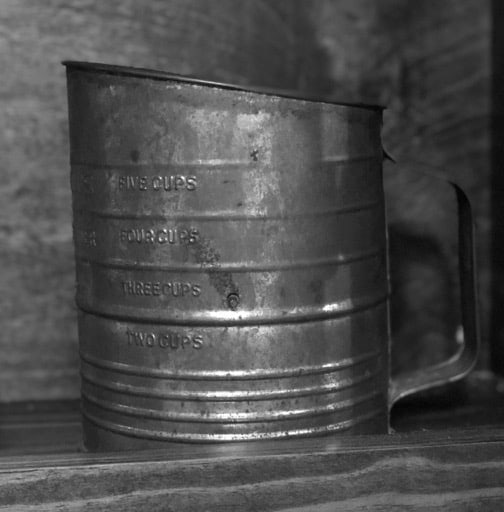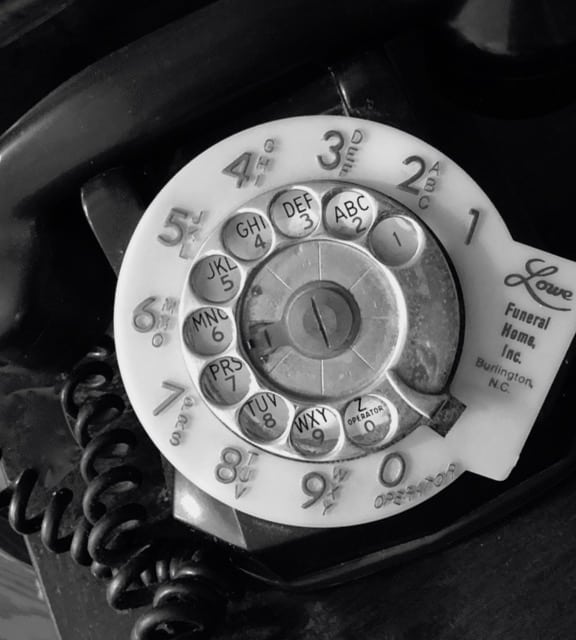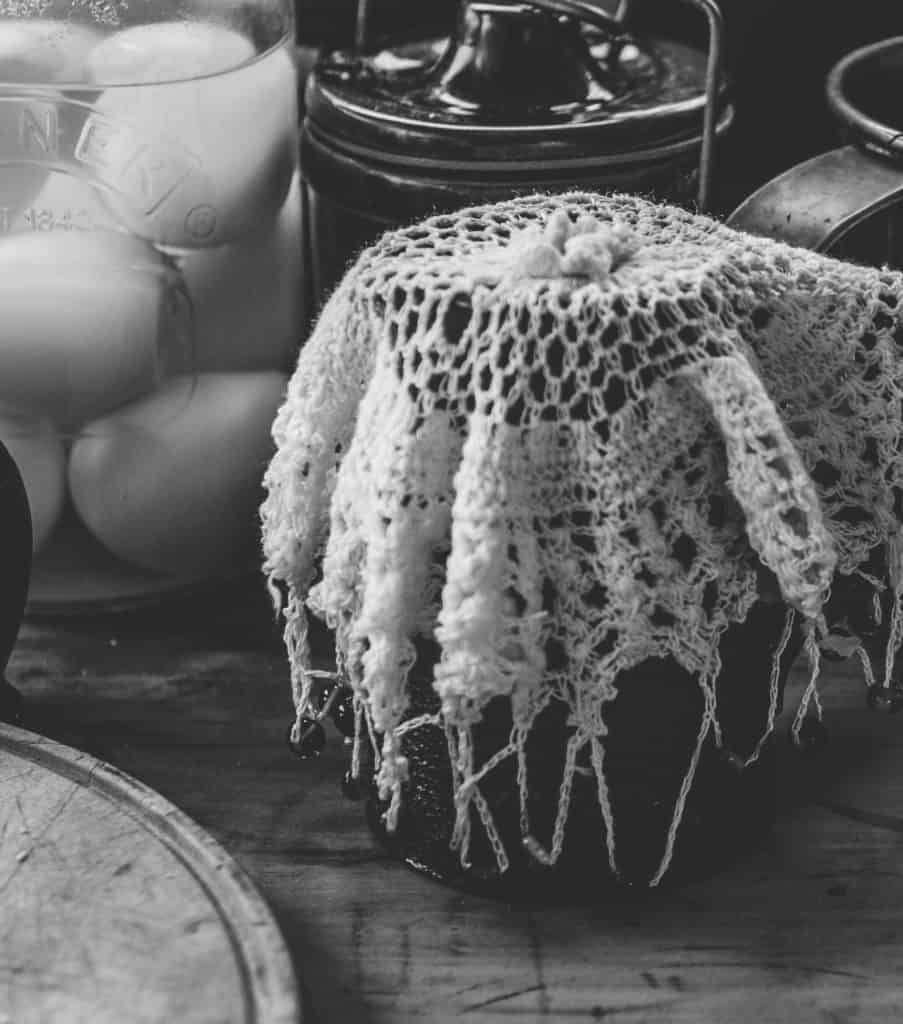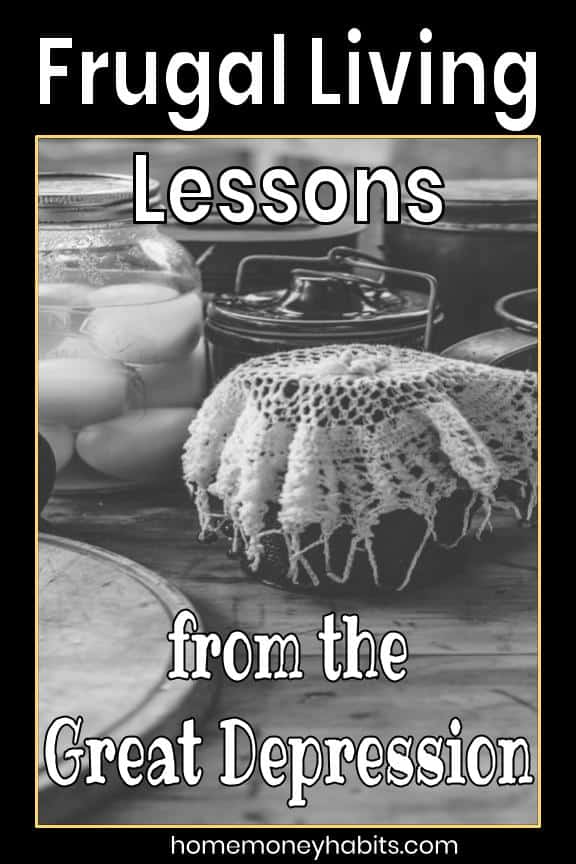The best frugal living tips I can share didn’t come from a book or a blog.
They came from my great-grandparents…
down to my grandparents…
and on down to me.
My great-grandparents were born in the early 1900’s. They were in their prime during the Great Depression.
What we can use as top frugal tips in the modern day was their way of surviving.
The Great Depression stories of our past have left some important financial lessons to guide our future.
What are the financial lessons from the Depression Era?
First, let’s turn back time…
Starting before daylight, my great-grandparents began work on the farm.
It started with milking the cows. Then they moved on to the feeding and care of animals and crops that enabled them to survive and provide for their family.
At dusk, or even later in the summer months, everyone would make their way back to the house.
Family would gather to eat whatever was on the table and move to the front porch to “sit a spell.”
The surrounding woods provided a playground for the kids in the late evening.
Each day looked much the same with the exception of a trip to the store on Saturday and church on Sunday.
How does the 1930’s frugality translate to modern day way of life?
Let’s talk old-fashioned eating.
Beans
Cornbread
Biscuits
Potatoes
Tomatoes
Salt & pepper to taste (other spices were considered a splurge)
Those foods went a l-o-n-g way and made up several meals.
Frugal recipes from the Great Depression were simply using what you had in as many ways as possible!
It was common to have fried potatoes at breakfast, potato patties at lunch and mashed potatoes for supper.
My great-grandmother’s treat for the family on Sunday was chicken that she fried and laid out on paper sacks to drain. Sometimes she would cook a sweet cake in her iron skillet.
Afterwards, everyone had a cup of coffee from the kettle and chatted about work and life.
Frugal Tip #1
Food doesn’t have to be fancy!
Not everyone can make a big garden or go back to growing their own food.
But…
So many people are frustrated about the prices at the grocery store and the amount they spend on food.
In reality, we can eat well with fewer ingredients and enjoy more simple meals. Every meal does not have to include a meat, sides, and sweets.
Powdered milk and recycled bacon grease worked back then, and most people today could lower the grocery bill just by using up what’s in the pantry.
We can save money (and often eat better) by taking some cues from old-fashioned eating!
Eating at home more often and simplifying our meals is a great way to stretch a dollar!
Let’s talk old-fashioned DIY.
My great-grandparents knew how to save money by making do with what they had!
Gifts were often homemade.
Soaps and cleaners were homemade.
Clothing, quilts, aprons and pot holders were also on the Depression era DIY gifts list.
A hand towel was used for drying hands and aprons caught grease or spills instead of clothing.
Clothes were mended and passed down… and passed down again.
Jars and jugs were used and reused for everything from canning and preserving to hiding a cash stash.
Frugal Tip #2
Be scrappy!
These days, DIY has become a battle of the picture perfect Pinterest worthy craft! We put on birthday parties complete with color coordinated cake pops!
I wonder what my great-grandparents would have thought about all of this.
I’m pretty sure their scarcity experiences would be at the forefront of deciding how to spend every dollar. Cake pops would probably not make the cut!
Being scrappy is scraping together what you already have to do something you need to do. Saving money is generally a natural result!
DIY money saving can be as simple as
- Sewing on a missing button
- Using hand towels instead of paper towels
- Making an easy cleaning solution of vinegar and water
- Fixing an item instead of tossing it out
- Recycling and repurposing what we already own
And we even have Youtube to get a step by step tutorial at our fingertips!
Be sure to save this article to your Frugal Tips board in Pinterest to refer back to later!
Let’s talk old-fashioned lifestyle.
My great-grandparents lived in a small home with seven children, yet no one complained about not having enough space.
On Sundays after church, families gathered at homes and made much use of porches and outdoor space to enjoy each other’s company.
Above all, people helped each other through tough times. They didn’t expect payment, although it often came anyway in the form of sharing a helping hand, a meal, or a thoughtful homemade gift.
Frugal Tip #3
Live smaller and share more.
Living smaller shouldn’t be confused with living less.
Homes have gotten bigger and that comes with a price tag. Not just the cost of the mortgage, but everything it requires to keep up a bigger space.
What’s interesting to me is that we build bigger homes many times with an intention of space “for entertaining” but who actually has time to do that? These days, people are happy to get home in time to see their families before getting ready for another work day.
Taking the time to help out someone in need has also gotten lost in the midst of busy times. I’m so guilty of thinking “I need to take that person a meal…send a card… call him/her…” and then realizing days (or months) later that I never followed through.
My great-grandparents would have made the time to help their family and friends.
Relationships really should be what matters most and will give us the greatest return on investment!
Let’s talk old-fashioned stuff!
One phone was in my great-grandparent’s home and it was on a shared party line.
If you picked up the phone and your neighbors were in a deep discussion, you were out of luck (unless you just wanted to listen in!)
Back then, they had what they needed. Their “stuff” was essentials. There was typically one of everything.
In fact, my grandmother still uses her mom’s cast iron skillet. It continues to make hundreds of perfect cornbread cakes.
My great-grandparent’s wash pot now holds flowers in my grandmother’s front yard and has been there as long as I can remember.
Old-fashioned stuff was made to last and taken care of so that it would stand the test of time.
Frugal Tip #4
Less is more.
One phone in our home? Most of us carry a phone that also serves as a computer in our pockets!
We have so much stuff that we build and buy storage units to hold it all!
We often have multiples of everything from televisions to hair dryers. We have paper plates and paper towels that sit alongside sets of dishes and hand towels.
Once I heard someone say that a typical modern day lifestyle is creating a mountain of debt for “all the things” in our 20’s-30’s leading us to work like crazy in our 30’s-40’s to pay it off, and then we start to get rid of most of it in our 50’s-60’s!
Not getting caught up in “all the things” gives us choices that our ancestors didn’t have.
Essentially, not going into massive debt for a pile of stuff buys more time and freedom.
Let’s talk old-fashioned holidays.
Food. Family. An orange, an apple, and a candy cane… sometimes that was Christmas. And everyone was thankful to have a nice meal and warm place to gather.
Maybe they dreamed of more, but didn’t dwell on more.
Holidays were still special, but more simple. There was no pressure to spend time and money on the perfect Christmas card or run yourself ragged.
Families gathered, kids played and Christmas was not so much about tinsel and toys as it was time spent together.
Today, holidays have in many ways become so hectic and expensive, they are dreaded!
Although I do not want to experience what my great-grandparents did, less holiday madness is appealing!
Frugal Tip #5
Simplify.
I’m trying to envision what my great-grandparents would have thought about modern day holidays and all of the planning that goes into it.
I tend to think they would have thought we had too much time on our hands, which is far from reality for most families.
The holidays have become so packed with time and money demands that we need time just to recover from them!
I also think my great-grandparents would have said “slow down, sit down, and enjoy time with each other… that’s what really counts.”
There is a lot to be learned about frugal living if we just take a step back in time and bring the lessons to life in the modern day.

